Common Difficulties for Children
with Dual or Multiple Exceptionality

The difficulties that children with dual or multiple exceptionality (DME) face vary according to their additional diagnoses and individual profiles.
However, there are some difficulties that are common for children who are intellectually gifted and have special educational needs, neurodivergence, mental health challenges or disabilities.
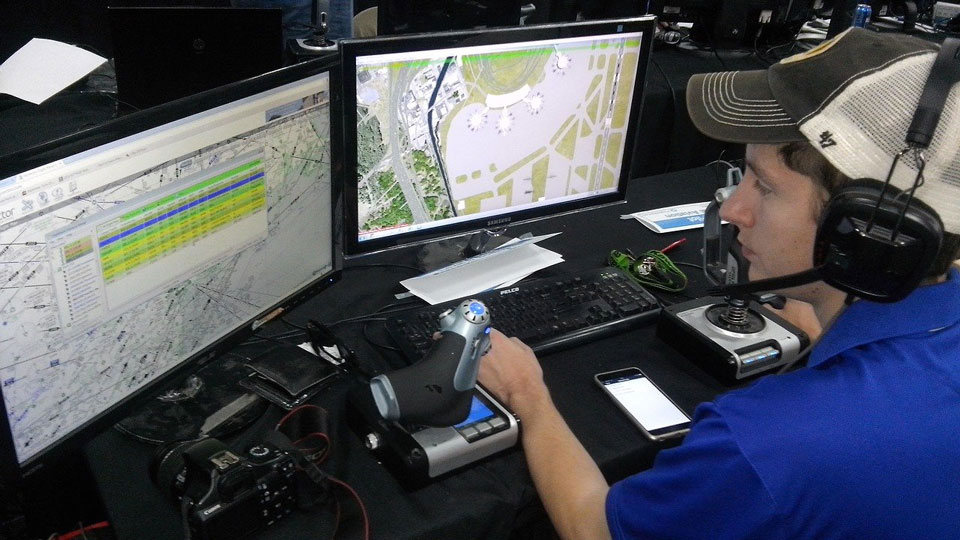
Executive Function Skills Deficits
Executive function skills relate to the ability to manage internal and external resources in order to reach chosen goals in a given context. They include:
- working memory
- inhibition control
- emotional control
- attention shifting control
- mental flexibility
- initiation control
- planning and organisation
- self-monitoring performance
These develop at different ages and people can have deficits in some areas but not others. It is quite common for children with special educational needs alongside high learning potential to have a relative deficit in some areas of executive function skills.
To discover more about executive function skills see our advice sheet PA522 Executive Function Skills and read our blog Executive Function Skills – Simplifying a Young, High Potential Learner’s ‘Thinking’ and ‘Doing’

Attention Difficulties and Impulsivity
Whilst attention difficulties and impulsivity are a part of executive function skills, they warrant a separate mention, since they are often mistaken for behavioural challenges. Attention difficulty refers to children struggling to keep their attention focused, when they make errors or become easily distracted. Impulsivity refers to problems with self-control: trouble waiting their turn, overreactions to frustration, or difficulties following rules consistently.
Whilst most children act impulsively and struggle to focus attention at times, for many children with learning difficulties, these problems arise more frequently and present a barrier to participation in activities.
Children who have dual or multiple exceptionality can appear to be able to focus for some tasks and not for others or their attention can significantly fluctuate. This is because tasks of choice can recruit additional motivation to temporarily overcome those challenges. However, this will be mentally taxing for a child.
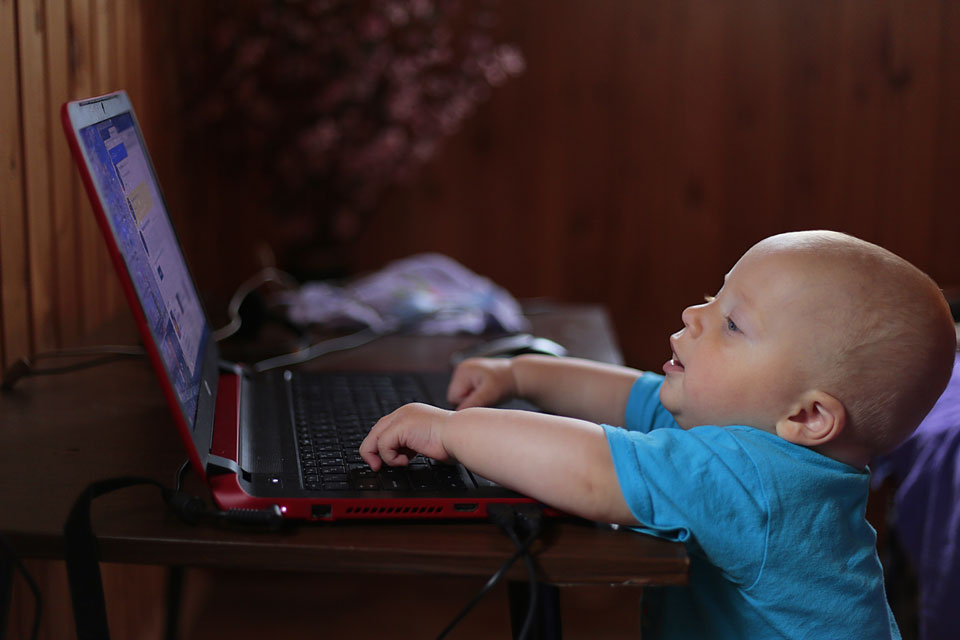
Asynchronous Development
Children with asychronous development often struggle with intellectual development which is out of sync with social, emotional and/or physical development. Understanding these differences and the effects that they can have on the development of children with high learning potential or dual or multiple exceptionality is key to supporting them.
Learn more about supporting children through the resources on our Asynchronous Development page
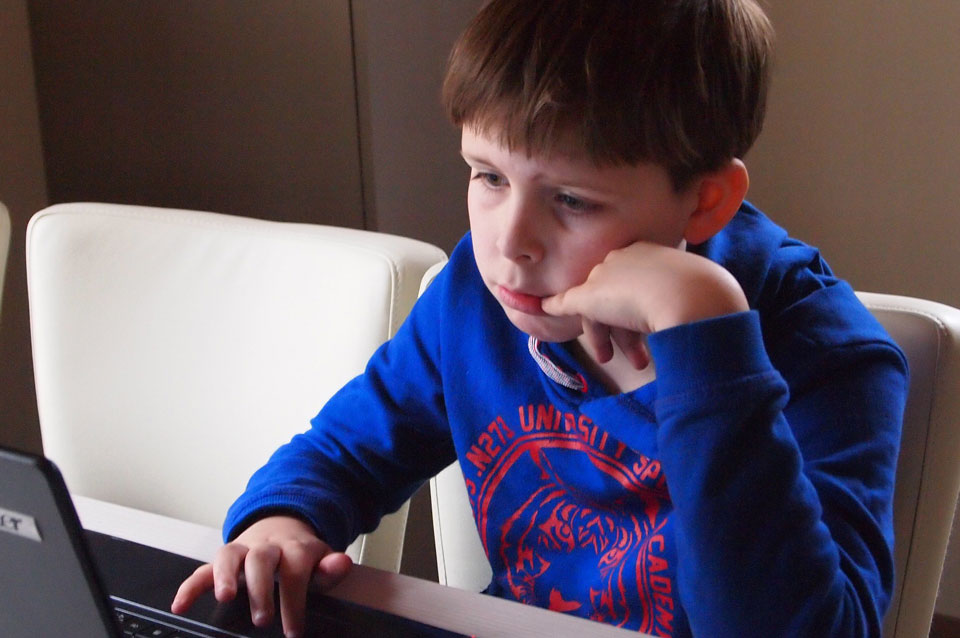
Slow Processing Speed
Processing speed refers to the pace at which a child can perceive and make sense of visual or auditory information and then respond to it. Some children with dual or multiple exceptionality have a relative deficit in processing speed, meaning that their mental processing takes longer than that of other children the same age.
Children with slow processing speed have a slower working pace, miss information or rush their work. This is not because they can’t understand the concept or don’t have the necessary skills, but because their recall and formulation of thoughts are not yet automatic. In some children with high learning potential this can be aggravated by their ability to generate many ideas or connections, which take even longer to process. Therefore, their mental activity requires more time and effort than other children. This results in a higher likelihood of them becoming frustrated, tired, anxious and making more errors.
We might think the solution to this problem would be to train processing to be quicker, but this doesn’t seem to be effective. Instead, it is best to reduce the load of mental activities we ask children with slow processing to undertake.
Read more in our blog Understanding Slow Processing Speed in Children with High Learning Potential
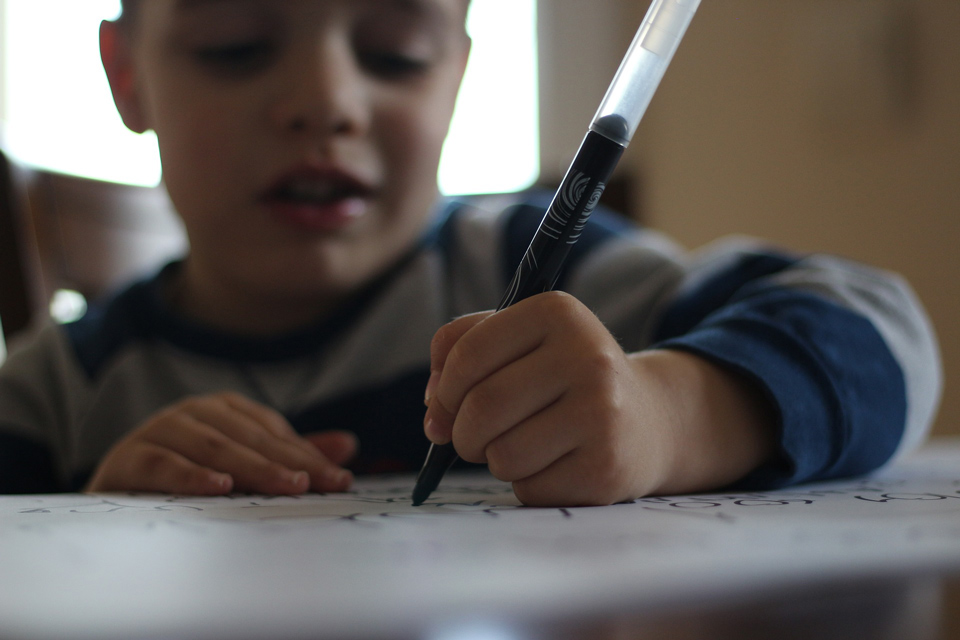
Poor Handwriting
The particularly uneven patterns of development in people with dual or multiple exceptionality can lead to problems with handwriting. Whether the problems stem from a lack of strength in wrists, finger joints, shoulders or core; coordination problems; visual perception; processing speed; working memory or a lack of attention to overcome hurdles and have sufficient practice, the results are illegibility, low persistence in writing tasks and written work below the child’s potential. Children with dual or multiple exceptionality often have brilliant ideas and can create amazing scenarios but struggle to show this effectively through tasks that involve handwriting.
Discover ways to help a child who is struggling with handwriting problems. Read our blogs
- Supporting High Learning Potential Children with Handwriting Difficulties
- Handwriting and High Learning Potential
Read more about helping a young person with handwriting problems to demonstrate their learning in our advice sheet PA314 Handwriting Difficulties and Alternative Ways to Demonstrate Learning and the blog Rewriting the Writing Rule Book: Handwriting and High Learning Potential
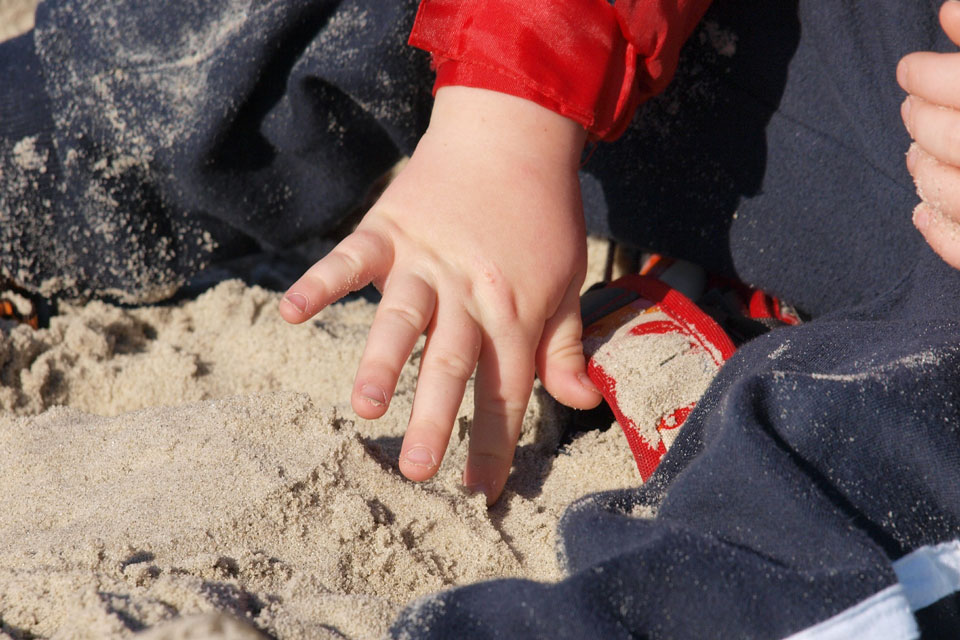
Sensory Processing Difficulties
Sensory processing refers to the way the nervous system receives messages from the senses, analyses them and turns them into responses. For those with sensory processing difficulties, sensory information goes into the brain but does not get organised into what are considered appropriate responses. Children with this difficulty perceive and/or respond to sensory information differently to most other people.
Many children with dual or multiple exceptionality have some sensory processing difficulties and these can include being over or under sensitive to sensory stimuli (in sound, touch, smell, vision, proprioception and/or movement) and therefore avoiding it or overreacting to it, needing more sensory input, becoming distracted by sensory stimuli or failing to register sensory information.
For more information about sensory difficulties see our information pages:
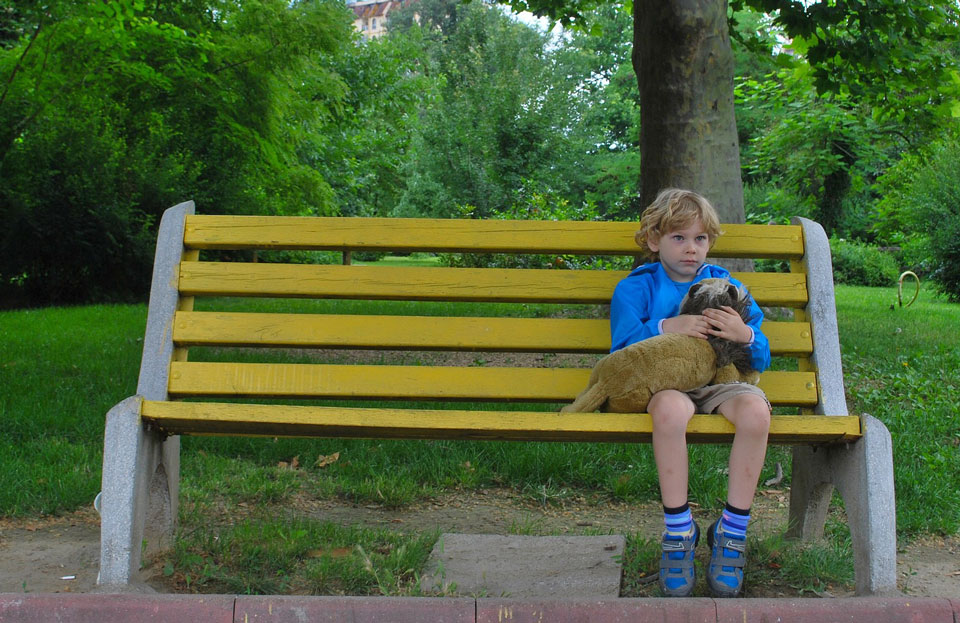
Social Problems
Having one ‘exceptionality’ already impacts on social relationships, having two or more creates further social division. In addition, the issues that arise from the special education needs profile, such as executive functioning problems or problems with social communication/interaction, present a barrier to social development.
Being different to the norm in more than one way means that children with dual or multiple exceptionality struggle to find their ‘tribe’, contributing to social difficulties. This can be helped by finding others with similar interests to share them with.
When a child also has high ability, they can often appear to have few problems, so high social expectations are placed on them. Their social problems can often be explained away when they are younger but become more prominent as they get older.

Low Self-Esteem
Many children with dual or multiple exceptionality suffer from low self-esteem. The reasons for this are two-fold:
- Misunderstanding of others about their complex profile. The extremes of advanced abilities coupled with difficulties is confusing for people to understand. This misunderstanding has implications for the child’s sense of belonging, which is closely linked to self-esteem.
- There is a gap between having an understanding of what a high standard is for any activity and their barriers or lack of skill to implement at that level. This means that the child is overly critical of their own performance, even though their achievements might be age-appropriate or beyond.
Children need successful learning experiences to raise their self-esteem. This is one of the reasons that is it important to work with the strengths of children with dual or multiple exceptionality.

High Emotional Sensitivity
In addition to the high emotional sensitivity that children with high learning potential often experience, for example sensitivity to injustices and peril, the lack of self-control that is often present in children with special educational needs may exacerbate this. This can often lead to frustrated outbursts and in some cases violence towards others. However, where the profile of a child with dual or multiple exceptionality is known and supported, for example through positive behaviour management strategies, outbursts and violence are less likely to occur.
